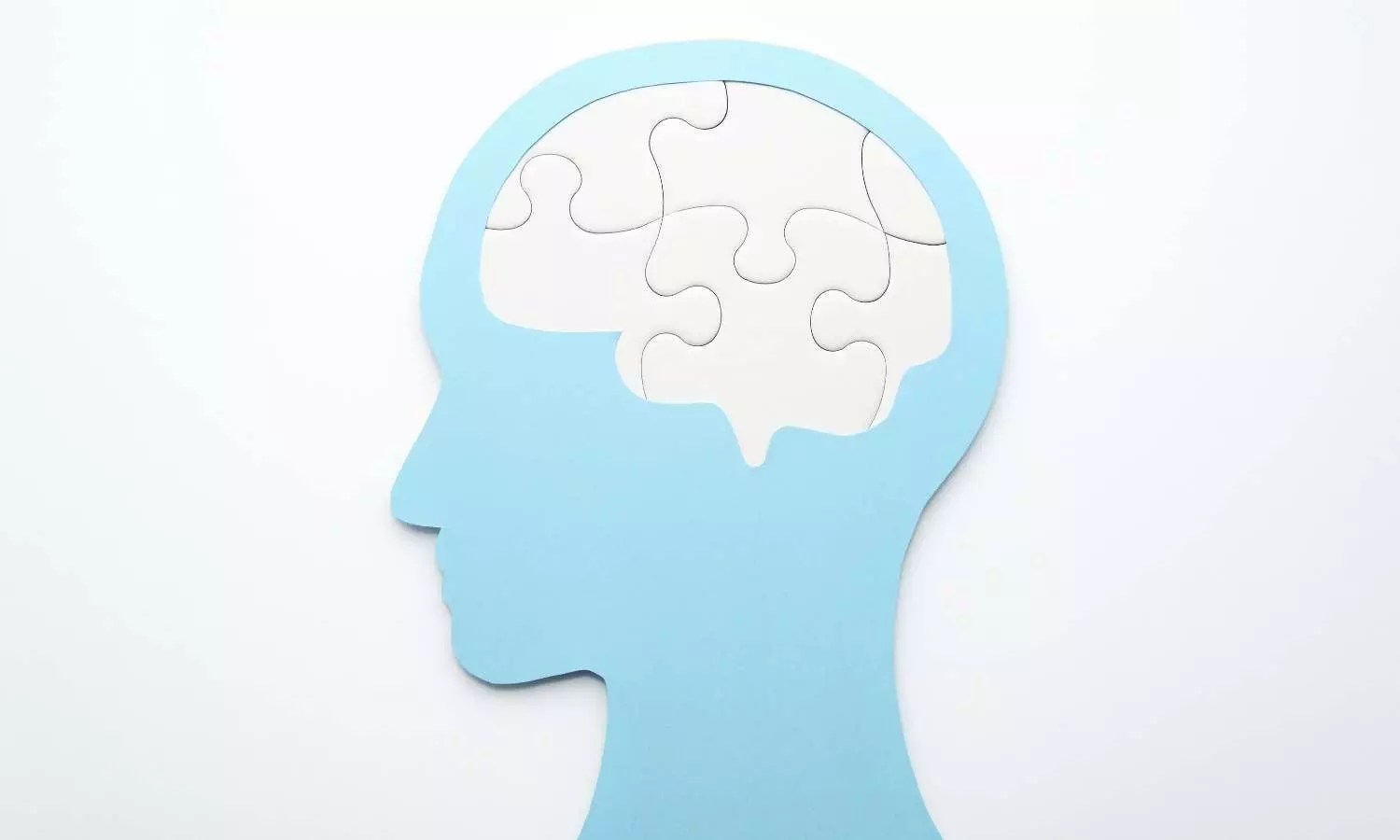Alzheimer's Study: Cancer Medications Reverse Gene Effects in Mice

New Delhi: A recent study conducted by researchers at the University of California, San Francisco, and Gladstone Institutes has identified two cancer drugs that may help reverse gene damage linked to Alzheimer's disease. The findings, published in the journal Cell, show promising results in slowing the progression of the disease in mice.
Alzheimer’s disease is a neurodegenerative disorder characterized by a gradual decline in cognitive functions such as memory and speech, ultimately interfering with daily activities. The research team first examined how gene activity changes within individual brain cells affected by Alzheimer’s.
They then screened 1,300 drugs already approved by the U.S. Food and Drug Administration (FDA) to determine which ones might counteract these harmful gene changes. To support their findings, the scientists analyzed electronic health records of approximately 1.4 million patients and found that individuals taking certain medications for other conditions had a lower risk of developing Alzheimer’s.
The top two drugs identified were letrozole and irinotecan both used in cancer treatment, with letrozole prescribed for breast cancer and irinotecan for colon and lung cancers. When tested in Alzheimer’s mouse models, the drugs reduced brain cell degeneration and improved memory functions.
The combined treatment reversed gene damage in neurons and glial cells, which support neurons. Also, the drugs decreased toxic protein clumps and overall brain deterioration which are key features of Alzheimer’s disease.
From the initial pool of 1,300 drugs, the researchers found 86 that could reverse gene behavior changes in certain brain cells, but only 10 of those were FDA-approved for human use.
"By leveraging existing data, we narrowed down from 1,300 drugs to just five promising candidates," explained lead author Yaqiao Li, a postdoctoral scholar at Gladstone Institutes.
"Alzheimer’s disease involves complex brain changes that have made it difficult to study and treat," said co-senior author Marina Sirota, professor of pediatrics and interim director at the University of California. "Our computational methods offer a way to directly address this complexity."
Yadong Huang, co-senior author and director at Gladstone Institutes, added, "Because Alzheimer’s results from many gene and protein changes disrupting brain health, developing drugs that target just one factor is very challenging."
The health records used for this study were sourced from the University of California’s Health Data Warehouse, which contains anonymized information on over 1.4 million people aged 65 and above.
(With inputs from PTI)


